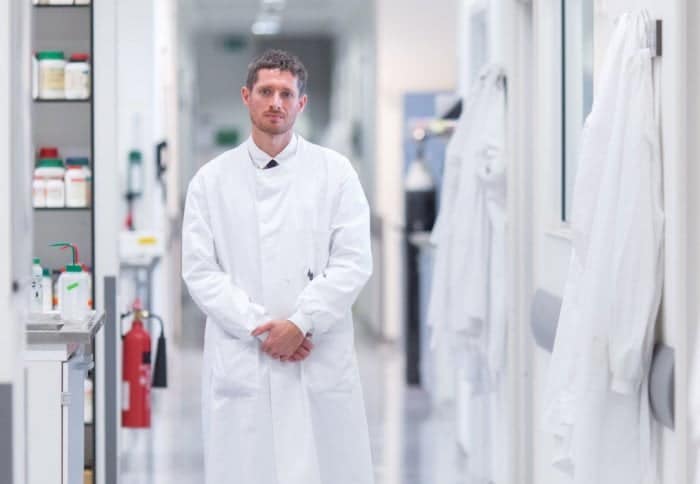A small milestone that represents a legitimation of a certain "counterculture": a Psychedelic Research Center opens its doors at none other than Imperial College London. it is not the largest of its kind, but it is the first in the world to have been integrated into a large academic institution.
The Center will be led by Robin Carhart-Harris, a leading figure in psychedelic research in the UK: Carhart-Harris has worked in the field of psychopharmacology for over a decade and is known for completing the first “map” of LSD's effects on the brain.

“This new facility represents the definitive entry of psychedelic science into the medical world,” says Carhart-Harris. “In the coming years the study of psychedelia will have a huge impact on psychiatry and neuroscience. It is a privilege to lead one of the most exciting areas of medicine – I am immensely grateful to the donors who have made this possible.”
And yes, because the Center opens thanks to over 3 million pounds (around 3 million 700 thousand euros) from a fund made up of donations from 5 private individuals, and its initial research will focus on the clinical usefulness of psychedelic substances in the treatment of mental disorders.
Power to “Mushrooms”
A first, fascinating trial already underway by the team at Imperial College studies the possibility of using psilocybin as a treatment for major depressive disorders. Psilocybin is the main psychoactive component of "magic mushrooms" with hallucinogenic effects, which have always been among the best-selling products in Amsterdam coffee shops.
The psilobicin trials will be the first to compare the substance's effects on depression versus traditional psychotropic drugs. Other trials in preparation focus on psilocybin as a treatment for anorexia.
“It will take a few years before a psychedelic therapy is available to patients, but the prospects are very encouraging indeed,” Carhart-Harris continues. “The early stages of clinical research have shown that if administered safely and professionally, psychotherapy can have a decisive role in the treatment of serious mental disorders, representing hope for patients who today have very limited options.”
Too easy to say: these treatments will be a blast.


